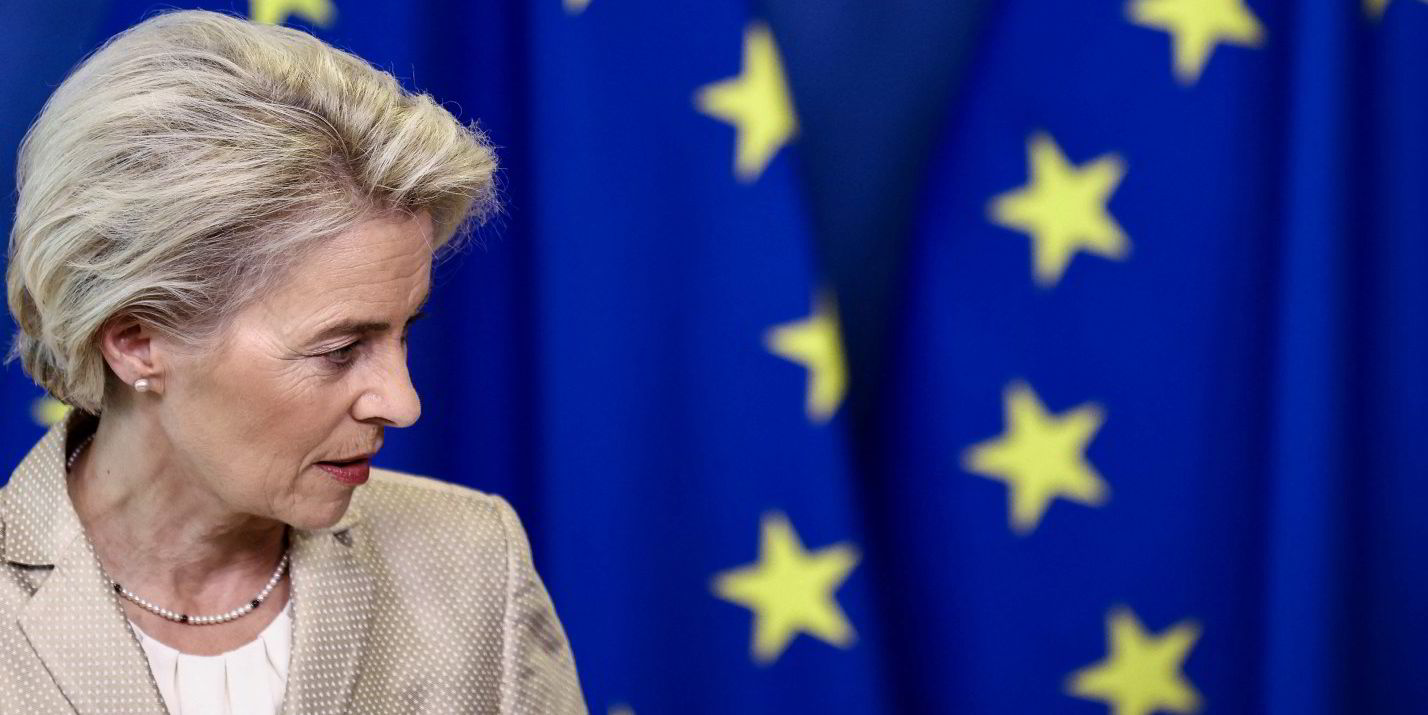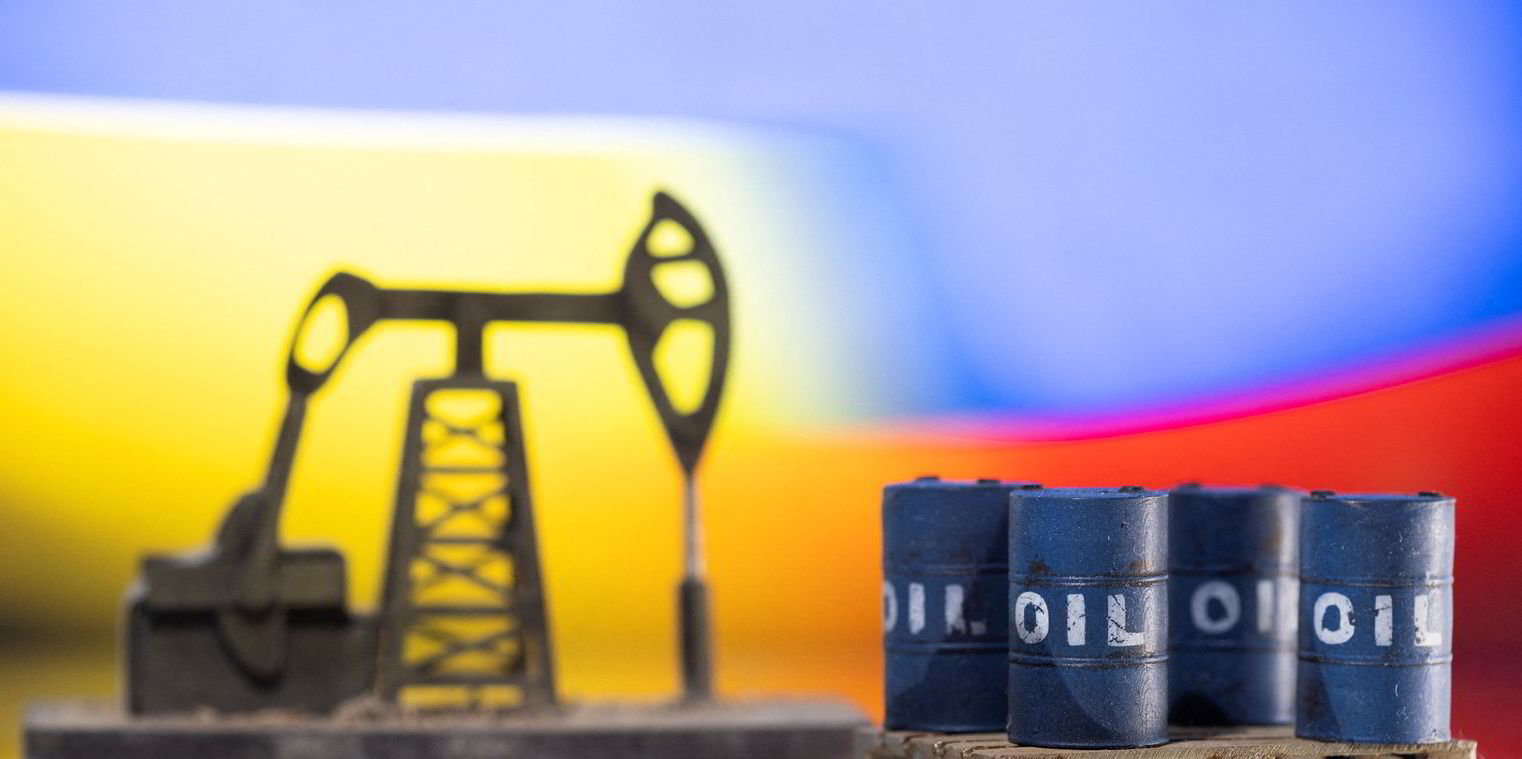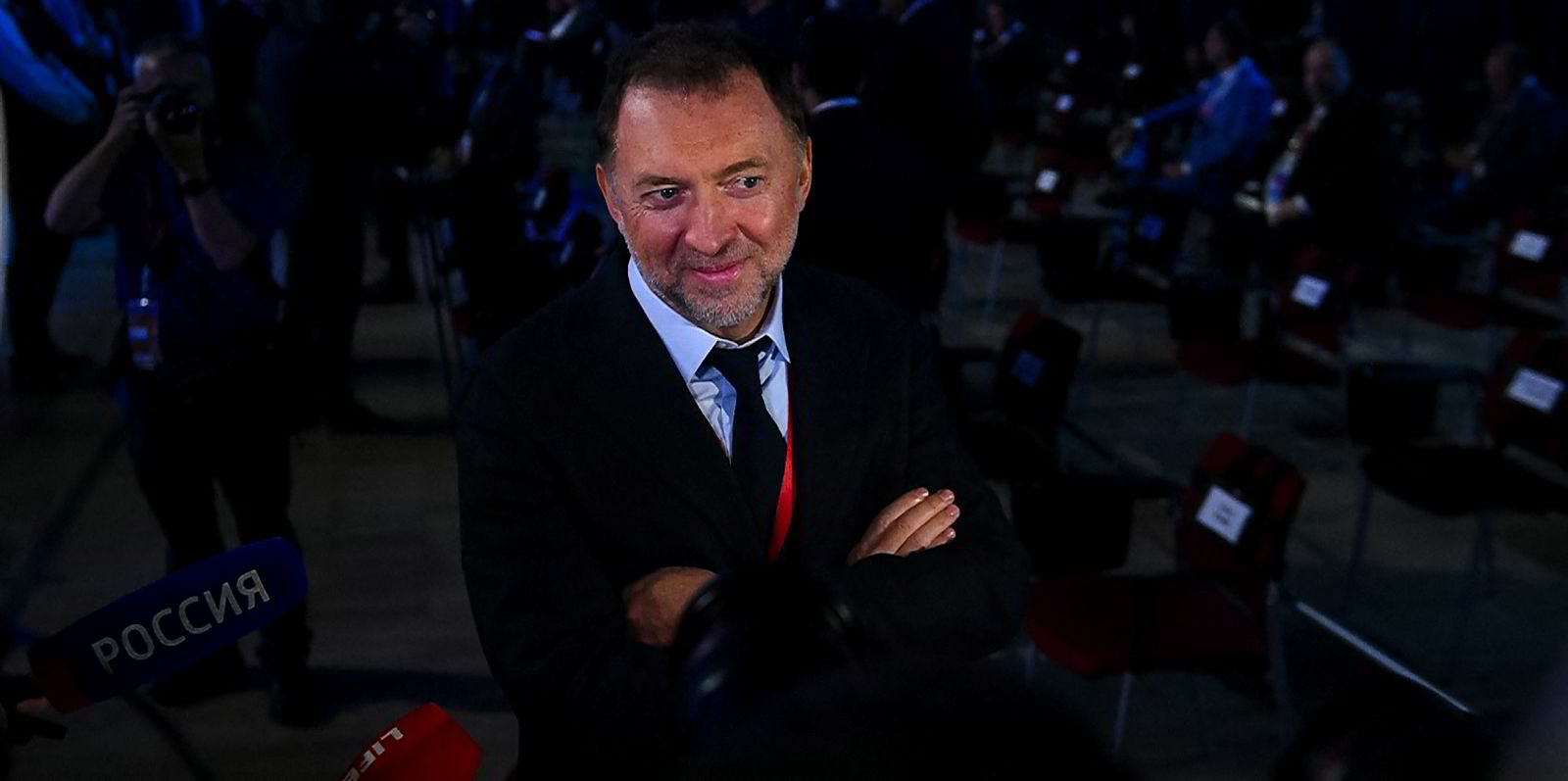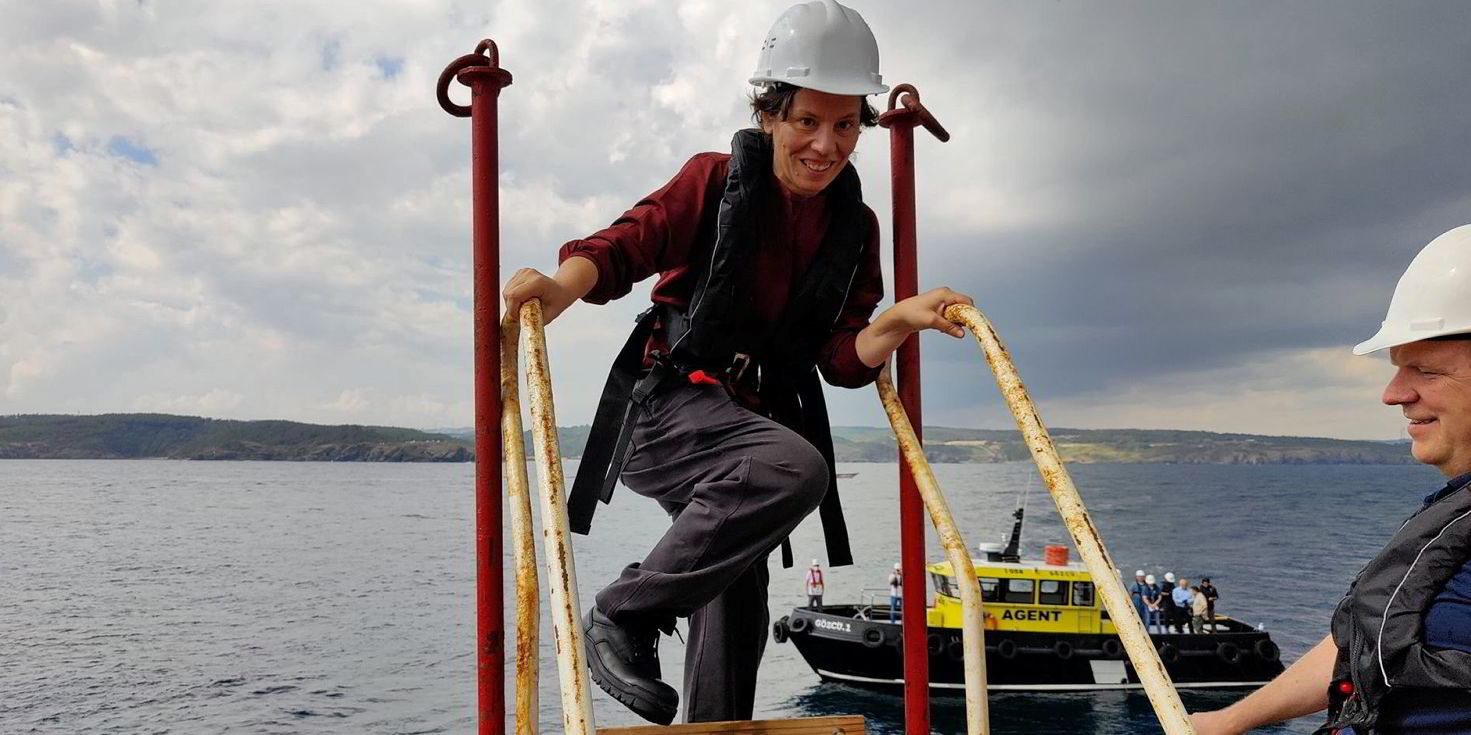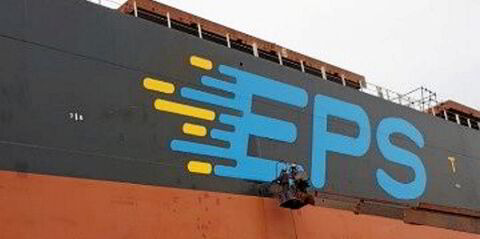Some market players are said to be seeking ingenious ways to extend the lucrative trade in Russian oil just a little bit longer.
Mislabelling Russian crude as fuel oil or vacuum gasoil is one of them, a shipping source said.
That trick would allow European players to buy, carry and insure such cargoes beyond a December deadline, when European Union sanctions against Russian crude kick in.
That is because crude petroleum falls under customs tariff number position 2709, on which the EU sanctions take effect on 5 December.
Vacuum gasoil and fuel oil, by contrast, fall under number 2710 for oil products, to which a later deadline of 5 February applies.
According to the market source, speaking on condition of anonymity, certain charterers are approaching owners to carry out crude trades under that misleading label. Some owners are said to have agreed already to fix under these terms.
Mislabelled crude cargos could thus theoretically leave Russian ports towards European destinations for a further two months, until 5 February.
According to the source, however, the ploy will most likely be used to maintain European insurance on crude cargoes from the Baltic heading towards India and the Far East with post-December delivery dates.
Huge opportunities
Other industry players contacted by TradeWinds said they have not heard of any such ploys being proposed or accepted.
One pointed out that they would be difficult to carry out, considering that surveyors come on board to measure cargoes and take samples.
The source who claims knowledge of mislabelling practices acknowledges that they indeed require the collusion of shippers, charterers, owners and receivers.
“Effectively, it’s the insurance companies and the P&I clubs that are being taken for a ride,” the source said.
The incentives to engage in such shenanigans are certainly there.
Sanctions against Russia have sent freight rates for such cargoes soaring. This is widely believed to have invited questionable players to make a killing in the trade.
TradeWinds has already reported market talk that at least one crude carrier has crossed the Bosphorus on fake P&I papers in recent months.
Tanker acquisitions by obscure one-ship companies based in jurisdictions beyond the reach of Western sanctions have proliferated.
The same goes for hitherto unknown traders said to be cropping up in places such as Dubai, with ambitions to be handling huge quantities of Russian oil very soon.
“We will need to be careful with our counterparties going forward,” one shipowner said.
